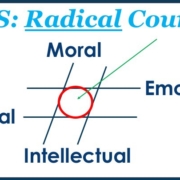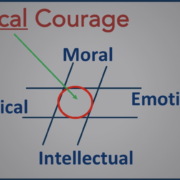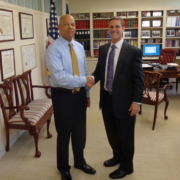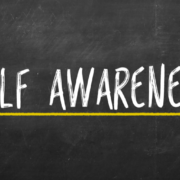What Oppenheimer and Civil War artillery tell us about agency
Oppenheimer, the movie, was riveting, and I highly recommend it.
J. Robert Oppenheimer, a theoretical physicist in charge of America’s Manhattan Project during World War Two, had qualms about creating the atomic bomb.
It was a weapon of mass destruction that would incinerate tens of thousands instantly and condemn more to slow, agonizing deaths.
The movie shows him expressing these qualms to President Truman after the war. Truman said that he deployed the bombs, so the responsibility was his.
Oppenheimer should stop whining.
Truman was half-right. He, not Oppenheimer, was responsible for dropping the bombs, but the latter had agency, too. Oppenheimer could have slow-rolled or sabotaged the project. Instead, he did everything he could to make the bomb operational as quickly as possible because he believed in the mission.
Confederate artillery provides a similar insight. Enslaved people worked in the factories that made Confederate fuses and shells and routinely sabotaged them, making the munitions unreliable.
Commanders refused to fire shells over the heads of their troops because so many fell short. Fratricide was common. At the battle of Gettysburg in 1863, General Robert E. Lee placed the fate of his army in the hands of his artillery and came up short.
Union fuses had no such problems.
People crave agency. They want to have control over the quality and impact of their work. When they believe in what they are doing and the people alongside them, they’ll use their discretionary effort to make things go as well as possible.
They’ll use their agency to undermine progress when they don’t trust the organization or its leaders.
When people feel they have little agency, they will find ways to assert control over their work, often by creating bureaucratic hurdles and other obstacles they can raise or lower.
When your employees are impeding your business, it’s your fault. You haven’t given them something to buy into, so they use their agency for self-preservation.
Gaining buy-in from your employees is less about change-the-world romanticism than behaviors that align your company’s common good with employee self-interest and confidence.
Are you a veteran looking to build a career as a consultant or advisor? The next 9-week program of Expert Consulting Mastery begins on October 11, 2023. Register for my September 20, 2023 webinar to learn more.
 pexels-yan-krukau-7792832.jpg
pexels-yan-krukau-7792832.jpg








